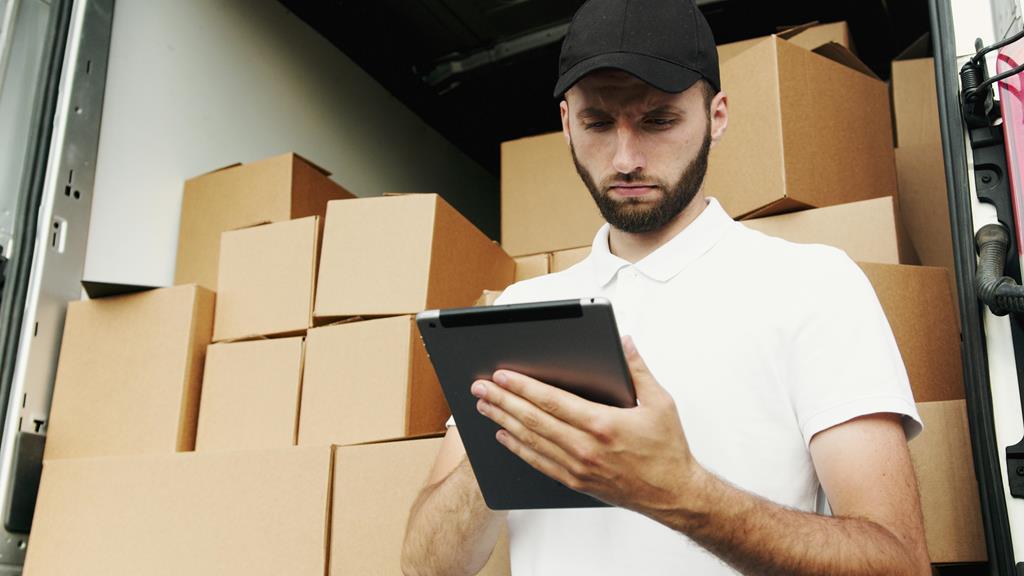
The Age of Digital Logistics: How Technology is Transforming the Industry

Logistics, a cornerstone of global commerce, is an industry that revolves around the management and coordination of resources – from the origination point to the consumption point – to meet the requirements of customers or corporations. The logistics industry encompasses a myriad of elements, including transportation, warehousing, freight management, supply chain management, and inventory control. Yet, the industry is not without its challenges. Factors such as fluctuating fuel costs, environmental regulations, labor shortages, and consumer demands for speed and transparency are putting pressure on logistics providers to evolve and innovate. As such, technology is quickly becoming a key player in reshaping the landscape of logistics, offering solutions that increase efficiency, reduce costs, and improve service delivery.
Automation and Robotics
Automation technologies such as robotics are transforming warehouses, increasing efficiency, and reducing human error. These tools can manage repetitive tasks, such as packing, sorting, and moving products, freeing up human workers for more complex tasks. For many, a digital logistics industry means a rise in automation. This involves the use of autonomous ground vehicles, drones, and robotic arms to carry out tasks such as inventory management, order picking, and delivery. By leveraging technology like this, logistics companies can streamline their processes and operate with greater precision and speed. Furthermore, automation can also enhance worker safety by reducing their exposure to dangerous or physically taxing tasks. With advancements in machine learning and artificial intelligence, we can expect even more sophisticated automation systems that can adapt to changing demands and make decisions independently.
Artificial Intelligence (AI)
AI is used to predict trends, optimize routes, and manage inventories. By forecasting demand, AI can help prevent overstock or understock situations, leading to cost efficiency. It can also analyze data to create optimized delivery routes, taking into account variables such as traffic and weather. AI-powered chatbots are also being used in customer service and supply chain management, providing real-time updates and support. Additionally, AI-driven predictive maintenance can help prevent equipment breakdowns and minimize downtime, reducing costs and improving overall efficiency. Even in the planning stages, AI can be utilized to analyze vast amounts of data and make informed decisions about sourcing pricing, and inventory management. In the wake of the technological revolution, AI is becoming an essential tool for plenty of industries, including logistics. Granted, AI cannot completely replace human decision-making, but it can certainly complement and enhance it.
Internet of Things (IoT)
IoT devices collect and analyze real-time data, facilitating active tracking of goods and providing insights into the condition and location of assets. With IoT, sensors can monitor factors such as temperature, humidity, and movement of goods in transit. This allows for proactive measures to maintain product quality and ensure timely delivery. Furthermore, using data from connected devices, logistics companies can gain valuable insights into their operations and identify areas for improvement. For example, analyzing transportation data can help optimize routes or identify bottlenecks in the supply chain. IoT can also aid in inventory management, providing real-time information about stock levels and expiration dates. Even customers can benefit from IoT, as it allows for real-time tracking of shipments and provides transparency throughout the delivery process.
Blockchain
Blockchain technology provides transparency, security, and traceability in transactions. It also simplifies the documentation process, reducing the cost and time involved in logistics operations. With a distributed ledger system, all parties involved in a transaction can access and verify data in real-time, eliminating the need for intermediaries and reducing the risk of errors or fraud. This technology is particularly beneficial for international transactions, where multiple parties are involved, and documents need to be exchanged across borders. By streamlining the documentation process, blockchain can significantly reduce delays in customs clearance and improve the overall speed of delivery. It also enables more efficient supply chain management by providing a transparent view of product movement from origin to destination. For the logistics industry, blockchain technology offers a secure and efficient alternative to traditional methods of document management.
Drones and Autonomous Vehicles
These technologies are revolutionizing the delivery process by providing a faster and more efficient means of transporting goods, especially in hard-to-reach areas. Drones can be used for last-mile delivery, reducing the need for traditional vehicles and decreasing transportation costs. Autonomous vehicles, such as self-driving trucks, have the potential to transform long-haul transportation by reducing human error and optimizing routes. This technology also has environmental benefits, as it can reduce carbon emissions from transportation. Most importantly, drones and autonomous vehicles can significantly speed up the delivery process, meeting the growing demand for same-day or next-day delivery. In an industry that values speed and efficiency, these technologies are proving to be game-changers. More so, as advancements continue to be made, we can expect these technologies to become even more integrated and essential in the logistics process.
Cloud Computing
Cloud technologies offer scalable solutions for data storage and management, enabling businesses to access real-time information from anywhere, at any time. This is particularly advantageous for logistics companies, as they often have operations spread across different locations and need to share data in real-time. With cloud computing, logistics providers can improve collaboration between teams, optimize inventory management, and enhance supply chain visibility. Furthermore, the scalability of cloud solutions allows businesses to adapt quickly to changing demands without the need for significant investments in on-premise infrastructure. Many industry leaders are already utilizing cloud technology to improve their operations, and it is expected to become even more prevalent in the future. For industry players, cloud computing offers a competitive advantage in terms of efficiency, productivity, and flexibility.
In retrospect, technology is transforming the logistics industry in numerous ways, from automation and AI to IoT and blockchain. By embracing these advancements, logistics companies can improve their processes, reduce costs, and meet consumer demands for speed and transparency. As technology continues to evolve at a rapid pace, businesses in the logistics sector need to stay informed and adapt accordingly. The future of logistics promises further innovations, and those who are willing to embrace them will be better equipped to thrive in an ever-changing industry. So, the question remains: what other technological developments will shape the future of logistics? With advancements in artificial intelligence, machine learning, and data analytics, we can expect even more sophisticated technologies to emerge and reshape the industry. The possibilities are endless, and the future of logistics is certainly an exciting one.



























